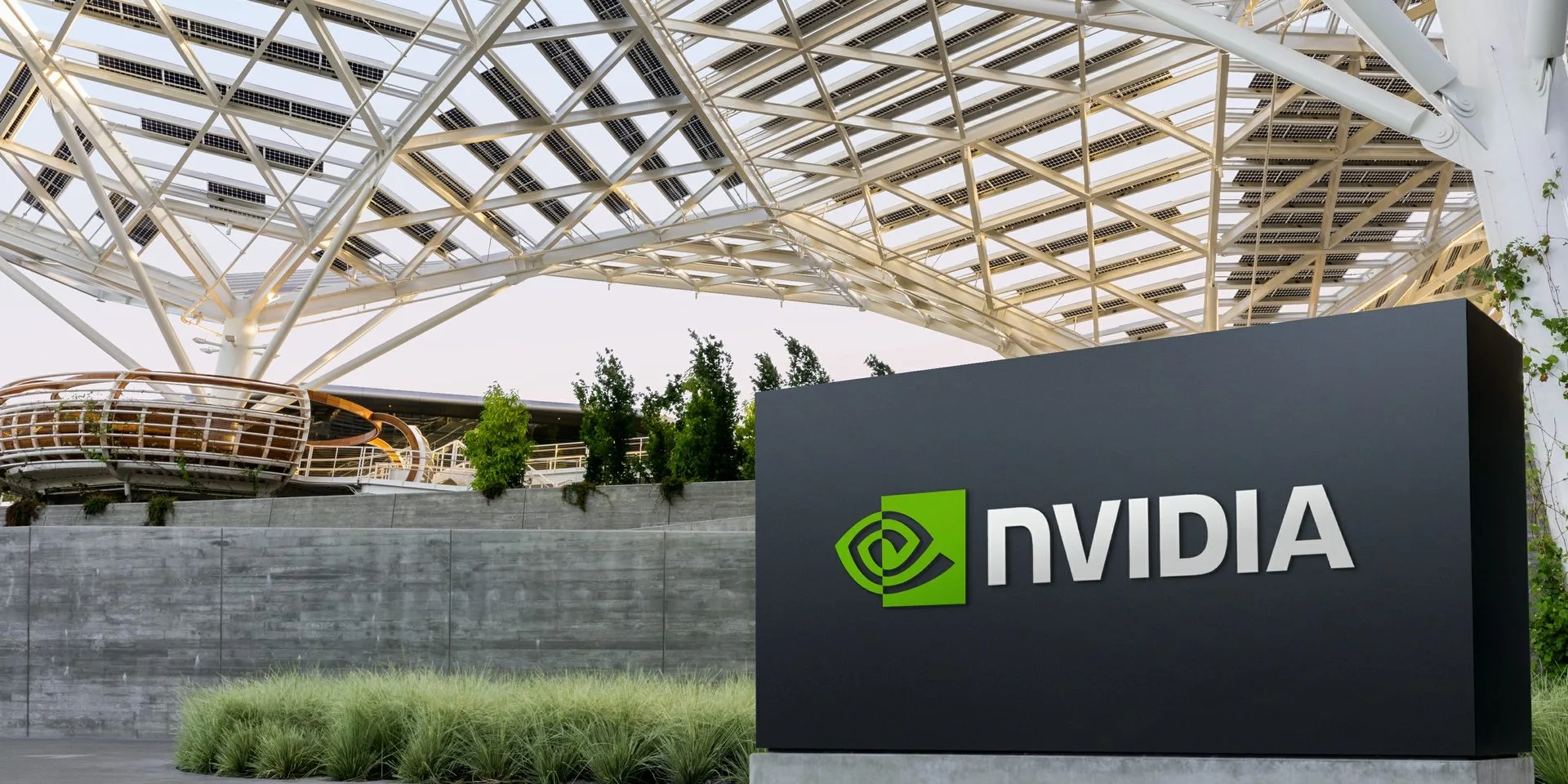Nvidia, a pioneering force in AI chip development, has cast a long shadow over potential rivals, causing a notable decline in venture funding for emerging startups in the field.

Nvidia (NVDA.O), a pioneering force in AI chip development, has cast a long shadow over potential rivals, causing a notable decline in venture funding for emerging startups in the field.
This quarter, U.S. deals in this sector have plummeted by 80% compared to the previous year, indicating the challenging landscape for startups.
The Santa Clara-based company has established itself as a frontrunner in producing chips tailored for processing vast quantities of language data. Generative AI models, which learn and improve with exposure to more data (a process known as training), have become a cornerstone of Nvidia’s expertise.
As Nvidia’s supremacy in this domain has solidified, the barriers for companies attempting to forge competing chips have grown higher. Venture capitalists, perceiving these startups as riskier ventures, have become more reluctant to provide substantial financial backing. The development of a chip design into a functional prototype can incur costs exceeding $500 million, rendering the pullback in funding a significant threat to these startups’ viability.
Greg Reichow, a partner at Eclipse Ventures, remarked, “Nvidia’s continued dominance has put a really fine point on how hard it is to break into this market. This has resulted in a pullback in investment into these companies, or at least into many of them.”
Data from PitchBook reveals that U.S. chip startups secured $881.4 million in funding up until the end of August, down from $1.79 billion during the first three quarters of 2022. Additionally, the number of deals dropped from 23 to just four over the same period.
AI chip startup Mythic, which has amassed approximately $160 million in funding to date, faced a severe financial crunch last year, risking a potential halt in operations, as reported by technology website The Register. Fortunately, it managed to secure a comparatively modest $13 million investment a few months later in March.
Mythic CEO Dave Rick pointed out that Nvidia has “indirectly” contributed to the broader challenges in AI chip fundraising, as investors now seek “home run only type investments with a huge investment, huge return.”
Rivos, a stealthy startup focused on data server chip designs, has reportedly encountered funding difficulties in light of Nvidia’s market dominance, according to insiders familiar with the company’s situation. A spokesperson for Rivos contested this claim, asserting that Nvidia’s dominance hasn’t hindered their fundraising endeavors and that their hardware and software continue to attract investor interest.
In the quest for funding, chip startups now face more stringent demands from investors, requiring companies to have a product either on the cusp of launch or already generating sales, sources reveal.
Two AI chip startups, however, have managed to overcome investor reservations by emphasizing potential customers or their associations with renowned industry executives. Tenstorrent secured $100 million in August, spotlighting CEO Jim Keller, a highly regarded chip architect with a legacy of designing chips for major players like Apple, Advanced Micro Devices (AMD.O), and Tesla (TSLA.O).
Similarly, D-Matrix, projecting revenue of less than $10 million this year, recently raised $110 million. This feat was bolstered by financial backing from Microsoft and a commitment from the tech giant to test D-Matrix’s new AI chip after its anticipated launch next year.
While these chip startups grapple with the formidable presence of Nvidia, startups specializing in AI software and related technologies face a different investment landscape. Through August of this year, they secured about $24 billion in funding, according to PitchBook data.
Despite Nvidia’s current dominance in AI computing, the company’s reign is not without potential challenges. AMD is set to launch a competing chip later this year, and Intel (INTC.O) has made significant strides by acquiring a rival product, presenting alternatives to Nvidia’s offerings in the long run.
Adjacent applications in data-intensive computing for prediction algorithms also offer potential openings for competitors. In this sphere, Nvidia does not hold the same ironclad grip, leaving room for investment and innovation.